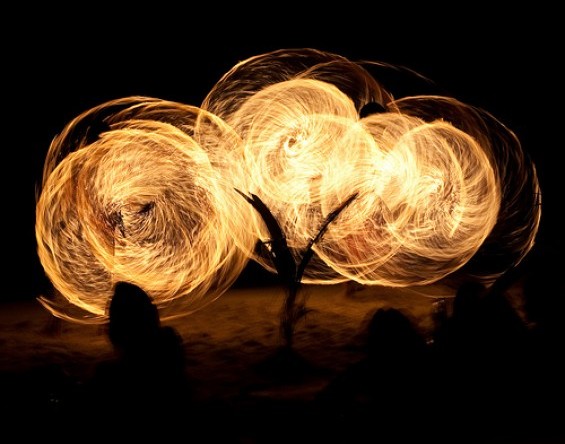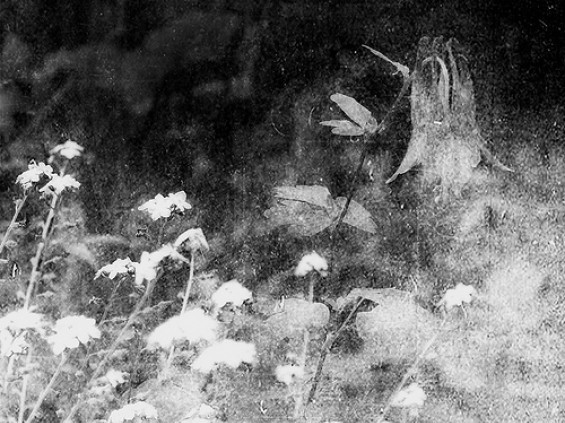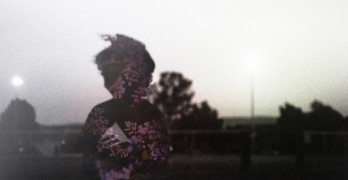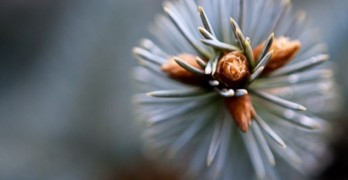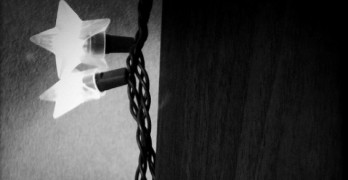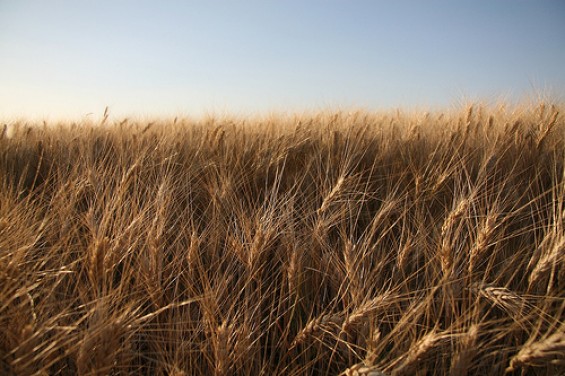We dream of a world where poetry can be found everywhere. If we could send poetry to the moon, we’d probably do that too. Help us share poetry everywhere in cyberspace?
Poetry at Work: A Tweetspeak New Year’s Resolution
Glynn Young reflects on a particular kind of resolution, the kind that comes from commitment and determination–the kind that created Tweetspeak Poetry.
Our Favorites from the 2012 Poetry Themes
Every month, we arrange the way we play poetry around a particular theme. You’ll see it in the artful content from our contributing writers, hear it in our inspiring thematic Spotify playlists, put your hands on it in the Monday morning poetry prompts, or experience it in the daily offerings from Every Day Poems. Here are our favorites from 2012.
The Poetry of Riffraff
It’s not a new thing for a poet to take common everyday things, the riffraff of our lives, and use them to signify or explain something larger. Glynn Young reviews Stephen Cushman’s “Riffraff: Poems” with special attention to the unique ways Cushman makes something of the riffraff.
This Year’s Top 10 Top 10 Poetic Picks
The editors have culled our very favorite links from our weekly Top 10 Poetic Picks from 2012.
The Art and Music of “Four Quartets” by T.S. Eliot
“Go, go, go, said the bird: human kind / cannot bear very much reality.” Glynn Young recalls his first reading of Four Quartets, which T.S. Eliot wrote over six years, the last three poems during the London Blitz.
Poetry at Work: Christmas Day
For all of you, and so many more, you who are bringing us the poetry of your work today, we thank you.
Poem: Ghost of Christmas Present
A poem for Christmas by L.L. Barkat: Ghost of Christmas Present.
Come Again: Teaching Poetry to Children
Ann Kroeker reflects on teaching poetry to her children through such simple routines and rituals as reading poetry at the dinner table.
Mass at Notre-Dame (or, How to Write a Found Poem)
Using a paragraph of prose from Kristin LeMay’s “I Told My Soul To Sing, ” Kimberlee Conway Ireton crafts — and explains how to write — a found poem.
This Week’s Top Ten Poetic Picks
Haiku chains, Haiku Brew, haiku reflections on a community street. Will Willingham has a haiku-ridden edition of our Top Ten Poetic Picks.
Our Favorite Poetry Books of the Year
Yesterday, we poured a steamy cup of spiced apple cider and a list of our favorite books about poetry. As promised, today we’re serving eggnog and sharing our editors’ favorite poetry collections of the year.
Haiku: Pierced by Beauty
Haiku forbids excess. The poet has 17 syllables (or fewer) in which to say, not the un-sayable, but what can be said. There is no room for explanation, only impression. Angela O’Donnell on the way haiku gives the fleet glimpse instead of exposition, a quick picture in place of a thousand words.
Poetry at Work: Workplace Challenges and Problems
Writing poetry about conflicts, challenges, and problems in the workplace can help lead to understanding and, sometimes, resolution.
Why Haiku: Not Just 5-7-5
The best known haiku attribute — the 17-syllable count and 5-7-5 rhythm — turns out to be its least valid attribute. Christopher Patchel explores Why Haiku.
To Our Family (A Haiku)
There’s no single right way, but for those of us who scratch words, poetry–even haiku–can provide an outlet for working through our collective grief.
This Week’s Top Ten Poetic Picks
Random acts of poetry, communing with nature is not an excuse to get out of the office, going to class with Anne Sexton and Sylvia Plath. It’s all in This Week’s Top Ten Poetic Picks with Seth Haines.
The Novelist: Where Fiction Begins
In the end, the creative act can be misunderstood, and the creation seen for something other than what it is. LW Lindquist wraps up our book club discussion of L.L. Barkat’s The Novelist.
Haiku Patience
Chris Yokel considers the haiku as a call out of the blur of modern life, and out of shallow thinking and living to a deep place in this reprint from The Curator.
Poetry at Work: Ted Kooser, Insurance Underwriter (and Poet Laureate)
Glynn Young tells the story of acclaimed poet Ted Kooser, former U.S. Poet Laureate, who spent most of his working career in the insurance industry.

